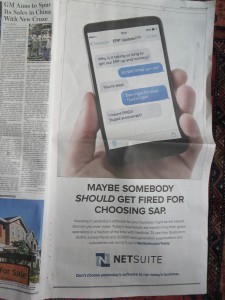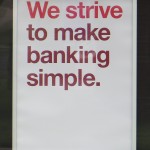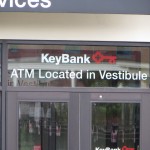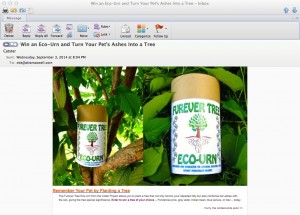
We’ve talked in the past (and you can read in my book) about strategies for competitive advertising—promotions in which you talk about a competitor as much or more as yourself. It’s a good strategy for smaller companies because, by positioning themselves against the bigger competitor, they can gain instant credibility. It’s probably not so smart for the bigger guy, who would be better off pretending the little guy doesn’t even exist.
There’s a third reason to do competitive advertising: to position yourself in a new way, for a new audience, even if you are a big and established company. That’s what is happening with the NetSuite campaign currently running. Both NetSuite and SAP handle the back office “plumbing” of Enterprise Resource Planning (ERP) and other large-scale data management. The difference is that SAP is an established and somewhat stodgy company, while NetSuite is Software-as-a-Service. They operate in the cloud.
Notice, however, that cloud is never mentioned in this ad. NetSuite is a company that does the same thing as SAP but is more agile. Maybe the idea is to position them with IT executives who are suspicious of abstracting their key functions and think that important data should never leave the premises. This ad gives NetSuite an opening to talk to them before that objection comes up. They use the reader’s built-in perceptions of SAP, bad and good, as a springboard they can use to say “we do that too” and then differentiate themselves.
I do wonder about the creative execution that seems a little casual and slangy when a stodgy, white-paper approach would have been the obvious way to go. I doubt this target does a lot of text messaging. On the other hand, this is the kind of sophomoric humor that appeals to engineers.
I’ll be keeping my eye on this campaign to see how successful it is (which you can generally judge by how long it keeps running) and what this first foray leads to next. Stay tuned.




